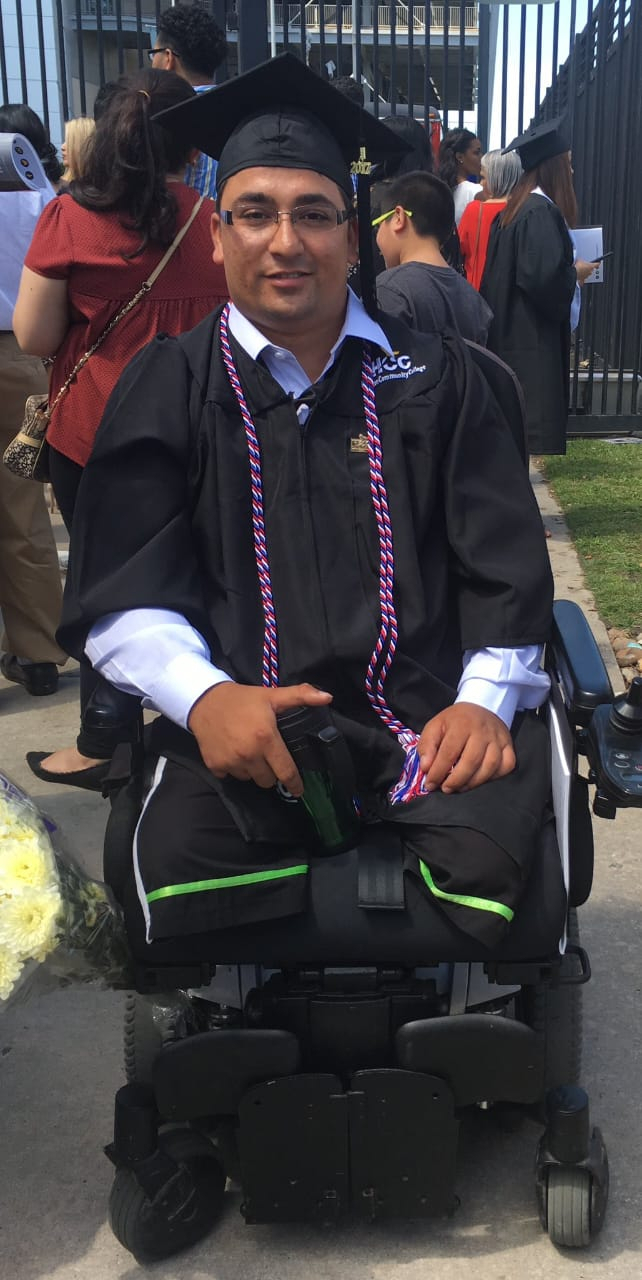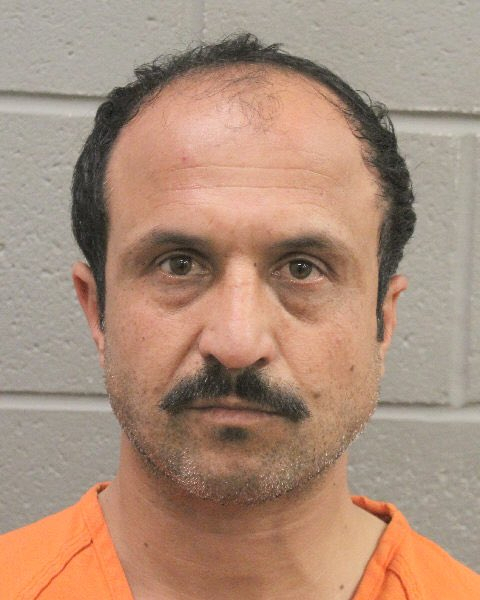The refugee community was shocked when a former U.S. Army interpreter was savagely stabbed to death inside his Houston office in a horrific act of violence. On March 26, Abdul Rahman Niazi, a 34-year-old father of five who came to the United States in 2014, was assassinated. His alleged killer, 37-year-old Masiullah Sahil, is now facing murder charges. Authorities say Sahil confessed to the crime while speaking with Niazi's wife, who had called her husband's phone shortly after the attack.

According to court documents, Sahil had grown frustrated over the delay in processing his refugee status. This frustration allegedly led to a heated argument with Niazi, after which Sahil retrieved a knife from his car and returned to the office, where he stabbed Niazi more than 20 times. Prosecutors detailed this sequence of events during a probable cause hearing, describing the attack as a violent outburst fueled by anger over bureaucratic delays.
A GoFundMe page set up by Niazi's family describes him as "more than a man; he was a pillar of our community." The fundraiser emphasizes that he dedicated his life to helping refugees adjust to their new surroundings, providing them with support and safety. "Now, his grieving wife and five young children, all under 10 years old, are left behind, struggling to survive without their beloved husband and father," the page states. "Their pain is unimaginable, and their future is uncertain."
Sahil, who was arrested on Thursday, remains in custody on a $750,000 bond. Financial records filed in Harris County District Court reveal that he earns approximately $3,000 per month as an Uber driver. The affidavit also notes that Sahil has "mental problems" under the category of "Special Needs." His court-appointed attorney, Carlo Stefan Torres, has not yet responded to requests for comment regarding his defense.
Niazi's nephew, who chose to remain anonymous, shared with local news station KRIV that his uncle was widely known for his generosity and selflessness. "He literally helped thousands of people around Houston, many of them underprivileged," the nephew said. He also revealed that Niazi had gone out of his way to help Sahil personally, providing him with financial assistance, groceries, and even a place to stay when he first arrived in the U.S. Additionally, Niazi guided Sahil through the complex refugee resettlement process, helping him with legal paperwork and ensuring he had access to necessary resources for his asylum case. "My uncle treated him like a brother," the nephew added. "He welcomed him into his home, fed him, and helped him stand on his own two feet."

The moments following the attack were equally disturbing. According to family members, Niazi's phone rang just after the stabbing, and Sahil answered the call. The complaint against him states that he admitted to the killing while speaking with Niazi's wife. The nephew recounted that she had called to ask her husband to come home for dinner, only to hear Sahil chillingly respond, "We have sent him to the afterlife." One of Niazi's young sons was also on the line and reportedly remains deeply traumatized by what he heard.
Speaking about the devastating loss, Niazi's nephew expressed his grief and frustration. "I want the man to be held accountable as soon as possible. It's completely unacceptable," he said. The refugee community, still grappling with the senseless nature of the crime, has rallied in support of Niazi's widow and children.
As of Friday morning, the GoFundMe fundraiser had collected nearly $50,000 toward its $100,000 goal to help support Niazi's family. His funeral is set for March 31, the same day Sahil is scheduled to make his preliminary court appearance. The tragic incident has sparked outrage and sorrow among Houston's refugee population, many of whom credit Niazi for helping them build a new life in America. His death marks a profound loss for those he dedicated his life to serving.









